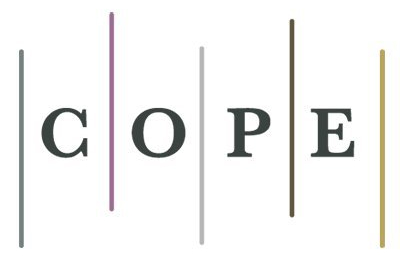Ordinary Management at Quilombola Community Paiol de Telha in Parana State: Leaders’ Memories About Daily Practices Before They Were Expelled from Their Territory
Keywords:
ordinary management, daily practices, territorialization, Quilombola communitiesAbstract
The aim of the present study is to learn more about the ordinary management of daily practices based on memories told and experienced by leaders at Quilombola Community “Invernada Paiol de Telha - Fundão” before they were expelled from their territory in 1974. Management practices in ordinary men’s daily life are not set from academic knowledge, but rather developed in a very peculiar way based on both their experiences and the context they live in. The qualitative methodology was herein adopted and it meant researchers’ insertion in this community and working with oral and written sources, mainly with oral history. Results have shown that “Fundão” set conviviality bonds by producing memories in order to turn space into symbolic places. It allowed better understanding their daily lives as space enabling the adoption of verb “to manage” linked to “Knowhow”. It is possible observing that practices adopted before their expelling from the territory were full of activities stressed by residents’ personal and collective repertoires about their routines and by the very essence of their management. Housing, eating and subsistence practices were observed at first, and solidarity, faith and leisure were the target in a second moment. Ancient community leaders “gave voice” to ancestral territoriality by recalling these daily practices. Such a territoriality highlighted the perspective of territory as space for lived experiences, whose relationship between Fundão residents and nature (physical and social) aimed at associations full of feelings and symbolisms represented by places
Downloads
Downloads
Published
How to Cite
Issue
Section
License
This work is licensed under a Creative Commons Attribution 4.0 License.
The O&S adopts a Creative Commons Attributions License 4.0 in all published works, except where specifically indicated by copyright holders.





